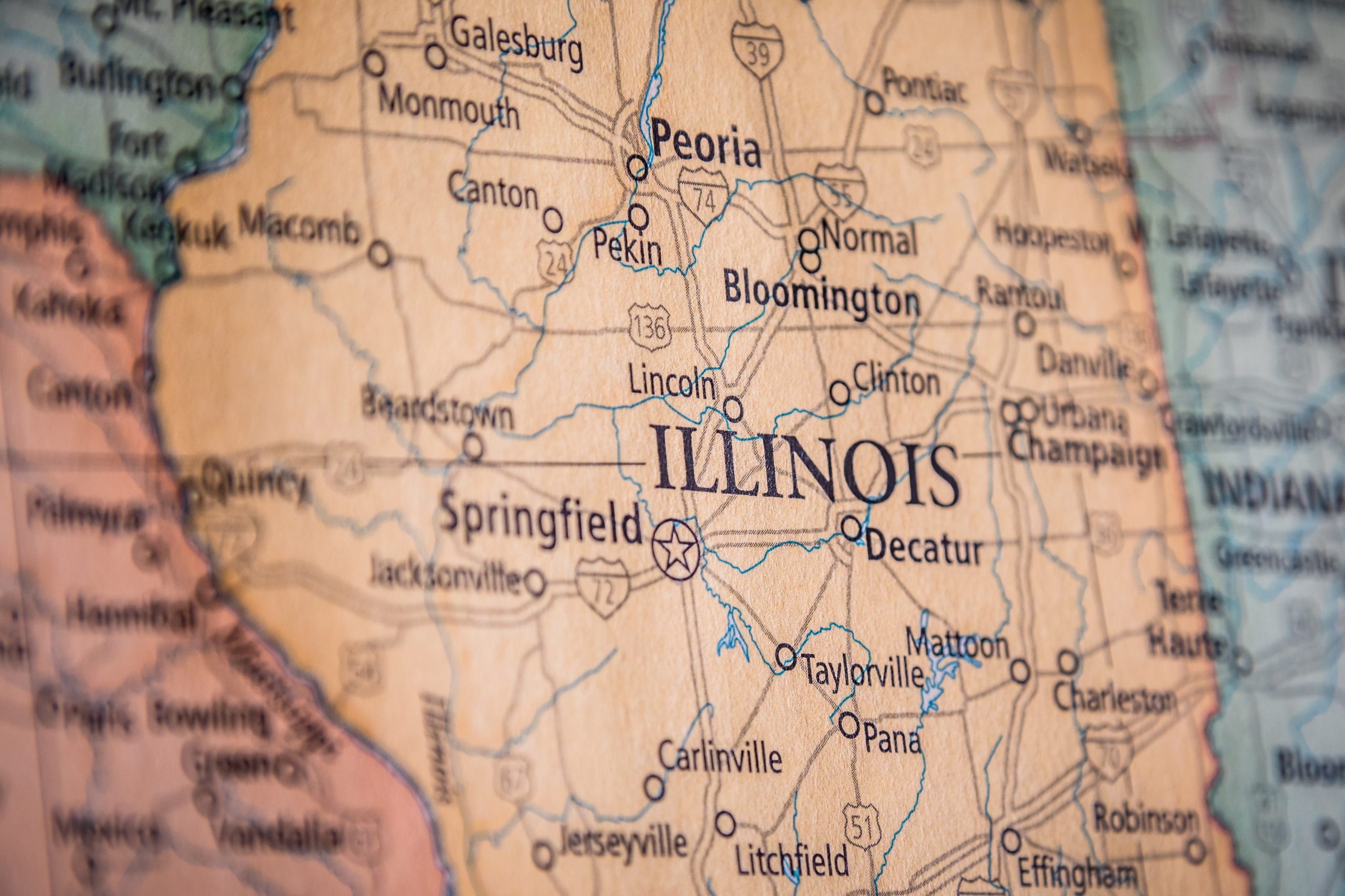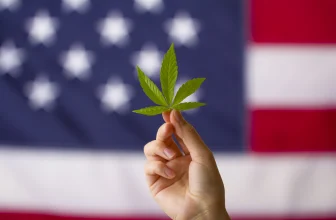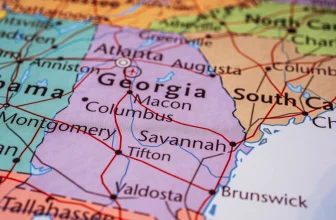
If you’ve been keeping a finger on the pulse of marijuana finance, you know that Illinois has been shaping up to be a major success story. So far this year, the state has sold $997,067,100 of adult-use marijuana — and that’s only through the end of September.
In September alone, the state sold over $100 million in adult-use marijuana. According to the Illinois Department of Financial and Professional Regulation (IDFPR), that figure is actually $121,717,709, comprising a total of 2,702,260 recreational cannabis products. For you data lovers, that’s an average of around $45 per transaction.
And this monumental figure is even lower than that of August 2021, which saw the state conduct nearly $128 million in adult-use marijuana transactions. It’s probably no coincidence that August is the month when Lollapalooza takes place in Chicago. However, the numbers have shown remarkable stability since the recreational market launched in early 2020.
In fact, the state has sold over $100 million per month, seven months in a row.
A Closer Look Into Illinois’ Marijuana Sales
A deeper understanding of Illinois’ cannabis sales can be gleaned from unpacking the data further. Of those $121 million+ sales in September, $81.7 million came from in-state residents, and $40.0 million came from visitors from other states.
Recreational marijuana sales accounted for $67,658,362 in September. The IDFPR does not track medical marijuana sales.
In May of this year, the Illinois Chamber of Commerce’s president predicted that Illinois would sell over $1 billion in adult-use marijuana this year. October’s figures are set to be released in early November and will confirm this prediction.
For Illinois, this is great news. Last year, the state’s sales figures were around $670 million, which netted them $205.4 million of novel tax revenue. Q1 of this year saw tax dollars from marijuana surpass those from alcohol, with adult-use marijuana tax revenue totaling $86.5 million compared with $72.3 million from the sale of liquor.
How Illinois is Spending Its New Riches
With hundreds of millions of additional tax dollars flowing in this year, it’s worth taking a look at how Illinois will be paying that money back to its residents.
State officials allocated $3.5 million of it toward street intervention programs — aimed at reducing street violence — in July. In January, the state announced that $31.5 million would be going toward communities the war on drugs has disproportionately affected.
The state’s official program is called R3, which stands for Restore, Reinvest, and Renew. Passed as part of the state’s cannabis legalization law, it mandates that a quarter of marijuana tax dollars go toward providing disadvantaged people with basic services. These include financial support, youth development, reentry to communities, and legal aid.
The state is also officially pardoning and wiping records clean for over half a million low-level cannabis convictions. They are funding an initiative that would help provide legal aid to those with marijuana convictions who would like their records to be expunged.
Advocates have been quick to point out that the state needs to do more to ensure that those affected by the war on drugs should have extra help entering the marketplace. In July, a bill was passed intending to create more opportunities for cannabis business licensing among people of color and others affected by prohibition. Lotteries were conducted to award a certain number of dispensary licenses.
Marijuana Sales Echoe Across The Country
The war on drugs has received official condemnation from a House committee, which calls it the country’s “longest and costliest war and ultimately a complete and shameful failure.” Across the country, states that have adopted legalization are seeing positive effects from this ceremonial ending of the war.
In Maine, for example, August saw another record broken: over $10 million in recreational sales. Arizona added $21 million in tax revenue to its coffers in July. California, staggeringly, is tantalizingly close to a billion dollars in tax revenue from their sales. And in other states — Oregon, Washington, Colorado, Alaska — COVID-19 has seen a massive increase in sales.
Note that marijuana sales are rising as cigarette sales continue to decline, offering an exciting new opportunity for states to maintain tax revenue.






